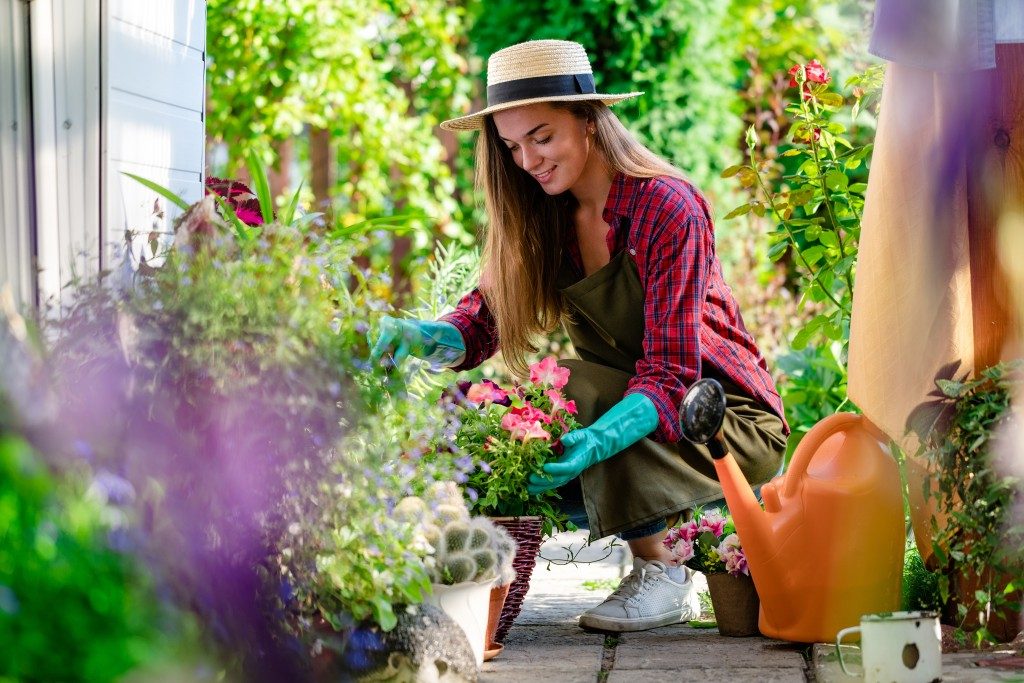Gardening can be an enjoyable and therapeutic activity. A lot have jumped into the habit of gardening as a hobby or pastime. And many self-care professionals would recommend it.
If you’re interested in trying out gardening but you’re afraid you’re not equipped for it, there’s no need to worry. There is no specialised knowledge or skills needed for the task. Even experienced gardeners make mistakes now and then, but it’s part of the experience. Anyone can create a beautiful and nourishing garden. Here’s your guide to starting yours.
Know your soil
Different types of plants grow better on different soil types. Before you start planting, find out what kind of soil you have. There are six main types: clay, sandy, silty, peaty, chalky, and loamy. They all have their unique properties, which is why it’s important to know what type you have and what plants will grow more effectively.
Plan
Before anything else, you have to lay down a plan. Once you know what type of plants you want to grow and whether they will flourish with the soil you have, think of a layout. Plan how you want your garden to look. If necessary, you can place your plants and decorations on the soil surface to see if you like how it looks.
Once you’re happy with your plan, then it’s time to get down and dirty.
Mind your spacing
It might be tempting to buy a lot of plants for your garden, especially if you’re a beginner. Although a garden filled with crops looks good, it’s not healthy for the plants. There has to be an adequate amount of space between each plant. Otherwise, they will hinder each other’s growth and contaminate each other with diseases.
Knowing how distant your plants should be from each other will help them grow and flourish more effectively. Most plant labels have instructions about spacing.
Label your plants
Especially for first-time gardeners, it’s easy to forget what you’ve planted. It’s going to be a little confusing until you get the hang of it and master the plants. It takes time. But for now, spend a few minutes making labels for your plants. That way, you’ll know how to take care of each one appropriately.
Give the right amount of water

Plants are like humans in the sense that they have different personalities. Some plants need more water than others. Some need more sunlight. Each type of plant might have different needs compared to others, so make sure you know what works for the plant you’re getting.
Generally, plants need an inch of water each week. Experts would also recommend that they are watered twice a week. But if it rains a lot in your area, then you’ll need to lay off the watering.
The key is to know the needs of your plant. Master it so you can take care of them accordingly.
Get rid of weeds
Weeds are the number one enemy in the garden. They tangle and choke your plants and hinder their growth. Make sure you get rid of weeds now and then and remove all their roots, so they don’t grow back soon. Do this every week.
Innovate
Once you start getting the hang of how you should take care of your garden, you’ll know what improvements are smart to make. For example, you might want to call experts in Perth to install reticulation systems to keep your garden healthy.
As time goes by, and as you begin to master the art of gardening, you can start to innovate and set up more equipment that will help you take care of your garden.
Anyone can take care of their garden. All you need are dedication and patience, and you’ll be set to get into the habit of gardening.

